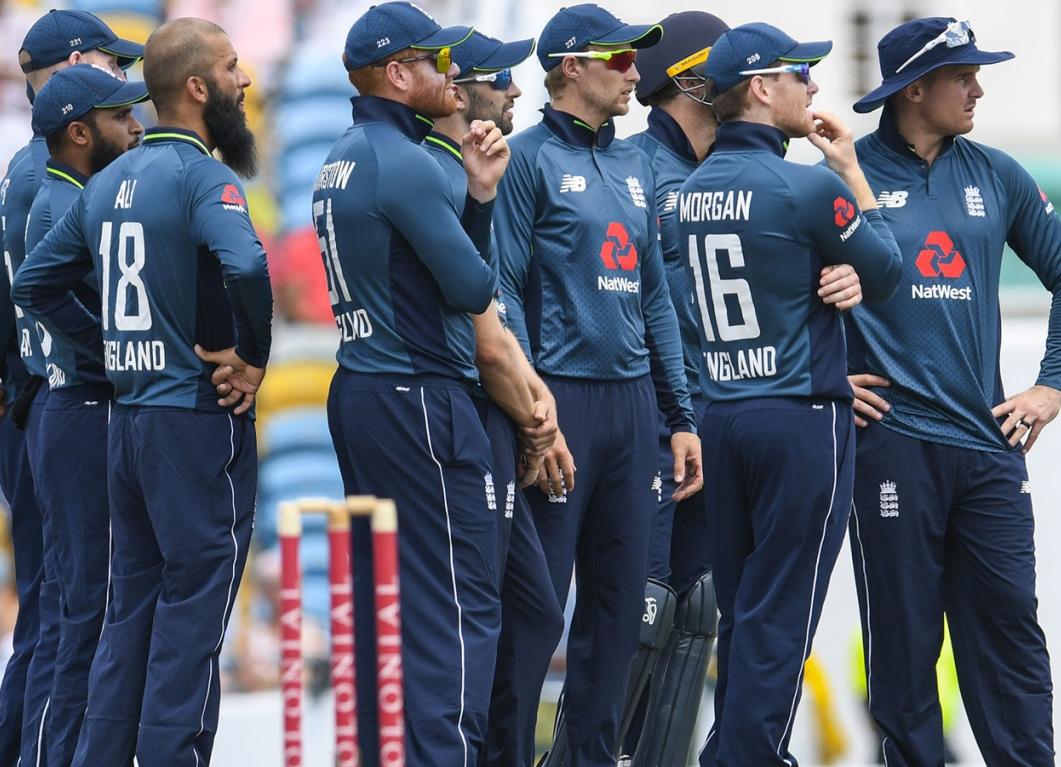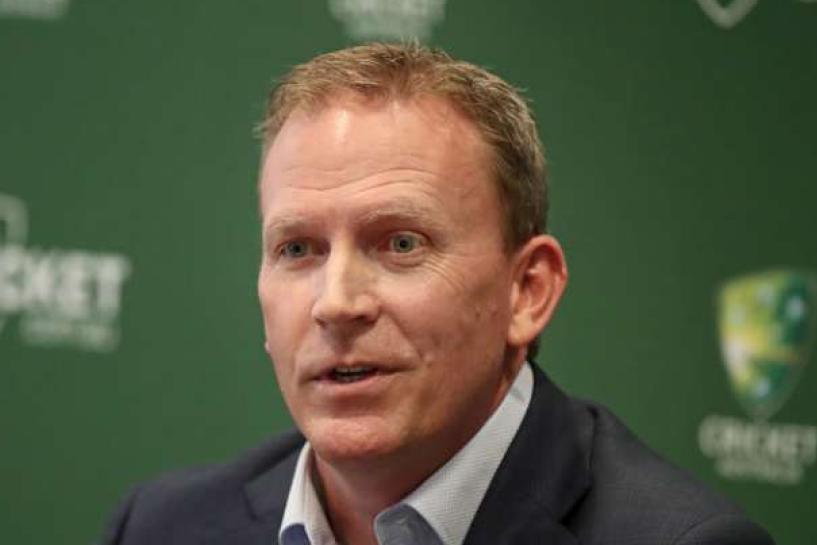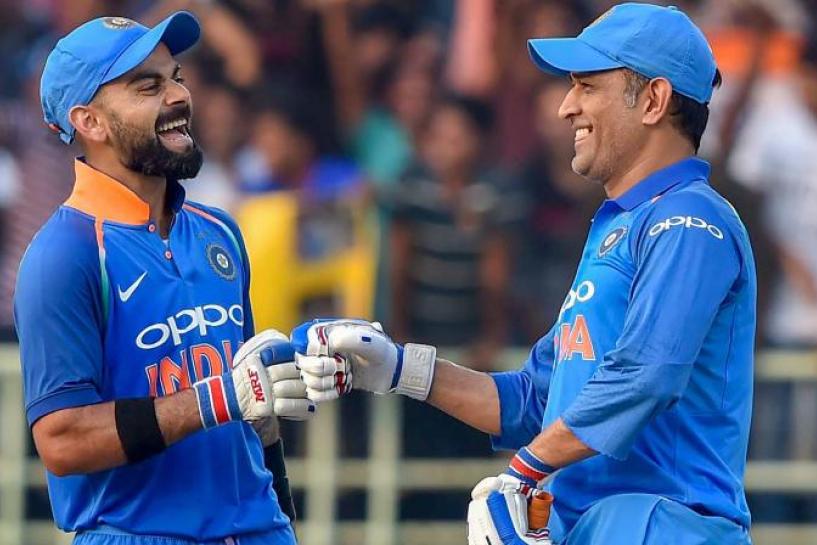From a planning point of view we have got everything in place: ECB Director, Steve Elworthy

In recent turn of events, the England and Wales Cricket Board (ECB) has been trying to adapt the idea of having bio-secure zones to restart cricketing activities. According to reports, the ECB will be asking its players to assemble at the Ageas Bowl on June 23 and to stay away from their families for nine weeks until the end of the third Test against Pakistan. The series is scheduled to start from August 20.
The Director of Marketing and Communications for the ECB, Steve Elworthy is the man behind the concept of developing bio-secure zones to resume cricketing activities in England amid COVID-19 pandemic.
"From a planning point of view we have got everything in place," Elworthy said. "We're ready for it, but clearly we don't want to stray outside of government guidelines and government decision-making. We're working very closely with them and hoping we are going to get some answers from them today."
Currently, there has been no confirmation by the ECB regarding the venues for the bio-bubble project. Three grounds are likely to be included, namely Old Trafford in Manchester, Ageas Bowl in Southampton and Edgbaston in Birmingham.
"The rational of going to that [three venue model] from a medical plan point of view is to reduce the movement of people," he said. "Clearly, reducing the amount people move would reduce the mitigate the risk of infection. It would also reduce significantly the number of people required to deliver matches because we would only be in two venues to deliver these. We wouldn't have to move different infrastructure and people around the country and cost is an element of that."
Elworthy estimates that between 180 and 250 people will be required to deliver the matches within the "bubble." With health and safety being the top priority of all those involved, they will be tested for COVID-19 by monitoring temperatures before entering the bio-secure zone.
"There would be zoning in each of the venues and that is really to reduce the interactions or the crossover of people in the inner core or in the green zone if you will," Elworthy said. "That would be your players, match officials, the field of play. If there's a hotel on-site, the hotel would be in that area so it's a secure environment. That would be your green zone effectively. And then there would be a second zone on the outside."
The protocol for people leaving the bubble, being put together by Dr Nick Pierce, the ECB's chief medical officer, is also yet to be finalised. "Clearly, the more people you have in and out of the bubble, the weaker the bubble is," Elworthy said. "But at the same time, there are going to be circumstances when people will need to leave. I absolutely get that. We will make sure that the protocols around leaving the bubble and coming back into the bubble are the in the shortest period of time but in the most safe and secure way possible."
The UK government has mandated a 14-day quarantine period for all international arrivals which gives two weeks of free time for the touring party. The ECB has been working closely with the government to permit touring teams to practice during the 14-day mandatory quarantine period.
"When the West Indies arrive, they've got to go into a two-week quarantine period, so we would want them to be able to go somewhere where they would be able to train and quarantine at the same time," Elworthy said. "But clearly, we're working very closely with the government on that to make sure that they come in safely."
[With CricBuzz inputs]























